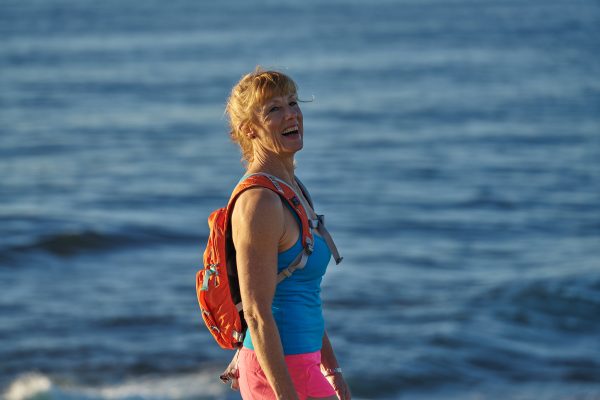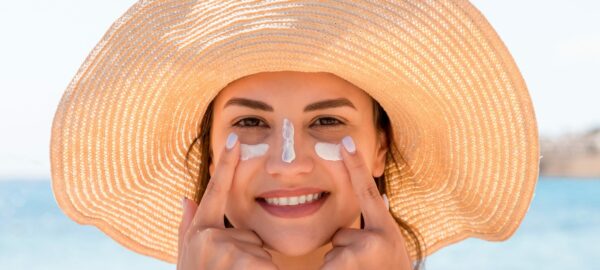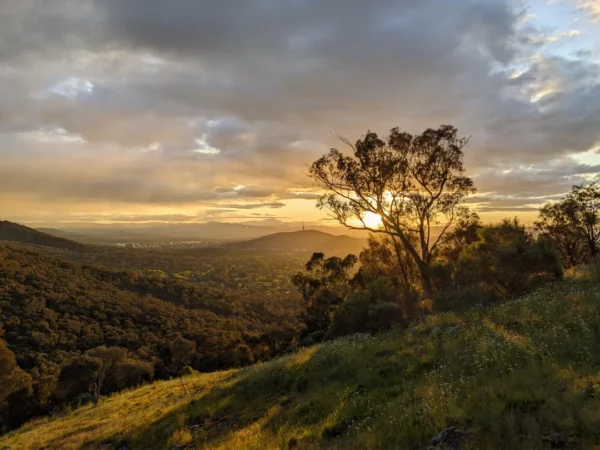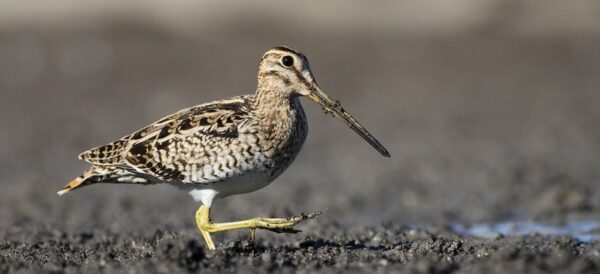I feel the need to apologise for my insensitivity.
A few years ago, I woohoo-ed my way through menopause, unaware at the time that I was one of the lucky ones.
While my friends were battling hot flushes and sleepless nights, I was cool as a cucumber, sleeping so soundly in my bed that I needed the added challenge of sleeping on high-altitude rocks.
But on reflection, I didn’t get through this transition entirely unscathed. Twelve months after what I thought was my last period, I had a surprise visit from mother nature while hiking the Jatbula Trail. Of course, thinking I was post-menopause, I didn’t pack tampons. This rookie error led to one of the most embarrassing moments of my life, as my period unleashed herself enthusiastically down my thighs while I scampered across the rocks after a skinny dip. You’ve never seen so many tampons appear in the wilderness, thanks to the equally mortified Wild Women watching from the riverbank.
Perhaps it was the influence of my mother’s silent generation – when I asked Mum about her own experience with menopause she said ‘I don’t remember, Darling’ – or perhaps my overly optimistic lens, but it never occurred to me at the time that this unforgettable experience marked the end of my perimenopause.
But now, peri and menopause are having a moment. They’ve come out of hiding with books, podcasts, conferences, parliamentary profiles and femtech companies using the latest research to explain why so many women are “moody bitches” with “crime scene periods” in their mid-life.
And it’s forced me to reflect on my personal experience of midlife and how only sharing my sunny side might have been unhelpful for those who do experience the debilitating symptoms, which have been recognised by doctors for centuries.
According to Susan Mattern, author of The Slow Moon Climbs: The Science, History, and Meaning of Menopause, the ancient Greeks and Romans noted that female fertility faded in midlife.
Dr Mattern says middle age was once referred to as “women’s hell” and “death of sex.” The term “menopause”, coined by French physician Dr de Gardanne around 1820, described disturbing symptoms, such as “epilepsy, nymphomania, gout, hysterical fits and cancer”.
Some doctors also cited congested genitals, “hysteria, melancholia and the impulses to drink spirits, to steal, and perchance, to murder,” says Dr Mattern. We’ve come a long way since then.
Still, for many women, peri and menopause can be an extremely challenging time.
But thanks to Generation Z’s commitment to destigmatising bodily functions, we no longer need to suffer in silence as our mums did. We can now talk loudly and openly about our hot flushes and moodiness, brain fog and poor sleep, low sex drive and mental health issues.
Dr Louise Tulloh, Sport and Exercise Physician, menopause activist and keen hiker, was overwhelmed by perimenopause. “I had a lot on my plate at the time and thought that my palpitations, sleeplessness, and anxiety were all just due to stress,“ she said.
“I had an IUD and wasn’t getting a period, so it wasn’t until I started getting hot flushes that I thought about my hormones. When I sought help, it was difficult to come by, but I eventually got hormone treatment and felt like a million dollars within weeks.”
This led to her passion for demystifying women’s midlife hormone changes and the creation of Viv Health, an online platform to assist midlife women.
Meanwhile, Allie Pepper, a 48-year-old hiker and high-altitude mountaineer, thought she would never climb again after the symptoms of menopause hit her “like a freight train” two years ago with hot sweats, brain fog and depression.
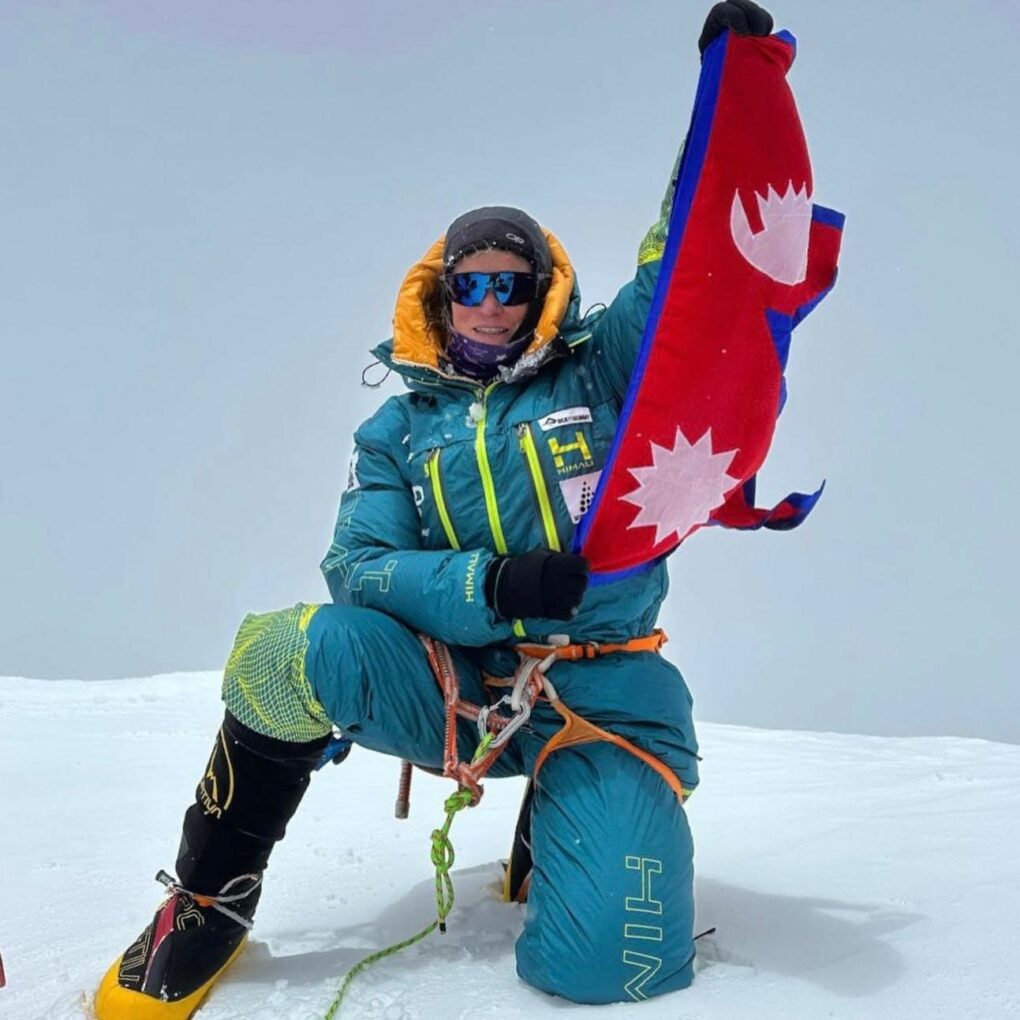
Allie eventually found that estrogen gel and progesterone tablets eliminated her menopause symptoms and helped her recover faster so she could keep climbing. Just last month she summitted 8051m Broad Peak in Pakistan, free of surprise periods and brain fog.
She says the medication, as well as meditating twice a day, makes the biggest difference to her body when she climbs. “All these things help me to go from my MenoPause to my MenoPeak.”
While peri and menopause are considered natural life stages rather than a disease, a recent survey found that less than 7% of medical graduates felt “adequately prepared” to support women through it.
This might help explain why it can be difficult to find a doctor who won’t dismiss your symptoms or who fails to prescribe the full range of lifestyle and medicinal options available.
According to Dr Tulloh, around 85 percent of women will experience some symptoms during the perimenopause and menopause transition, with 20 percent of women experiencing severe symptoms. Of course, some women breeze through, but they are the exception, rather than the rule.
But there’s life after menopause and it can be fabulous.
Author Kathy Lette is having the time of her life. “Being in your 60s is fab,” she said in the Daily Star. “I have great sex, a toyboy and don’t feel the need to wax!” Lette said she’s “putting the sex into sexagenarian” and has become the poster woman for post-menopausal fulfilment.
“I think for women, life is in two acts,” she said. “The trick is surviving the interval. The menopause is the interval. The menopause is awful but, once you get through that, it’s the best time of a woman’s life.”
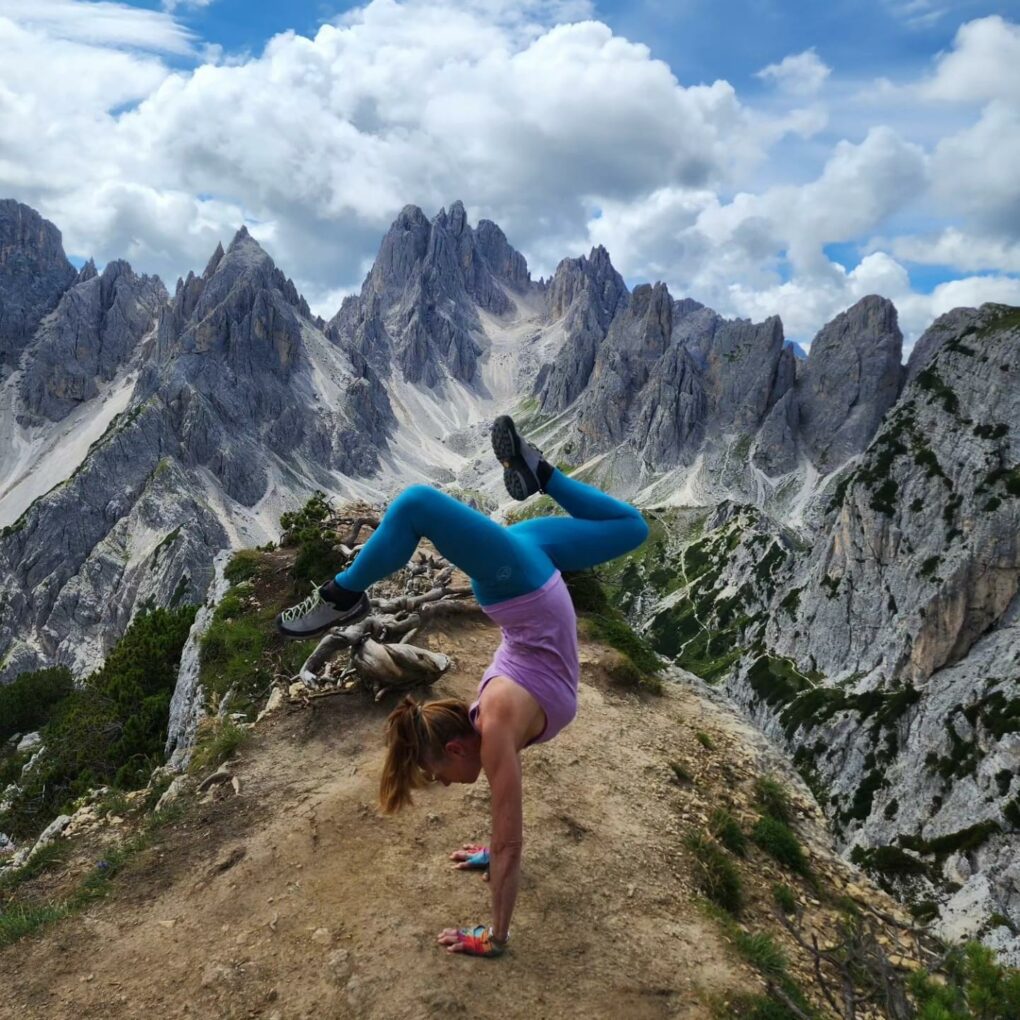
Research links regular physical activity, such as hiking, with reduced symptoms and reduced risks associated with menopause, as well as improvements in sleep and mood. Menopause can “accelerate the risk of chronic diseases because we lose the protective effect of estrogen, and exercise can protect us,” says Dr Tulloh.
“Regular exercise will also help protect midlife women from the increased risk of developing chronic diseases such as diabetes, cancer, heart disease, stroke, and dementia. It also protects them from excessive muscle and bone loss associated with falling levels of estrogen.”
So, wild wonderful women… let’s reach out for the help we need and prioritise making time to hike our way through perimenopause knowing that fabulous fun and sensational sex awaits.


